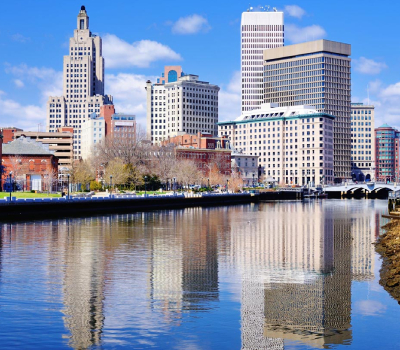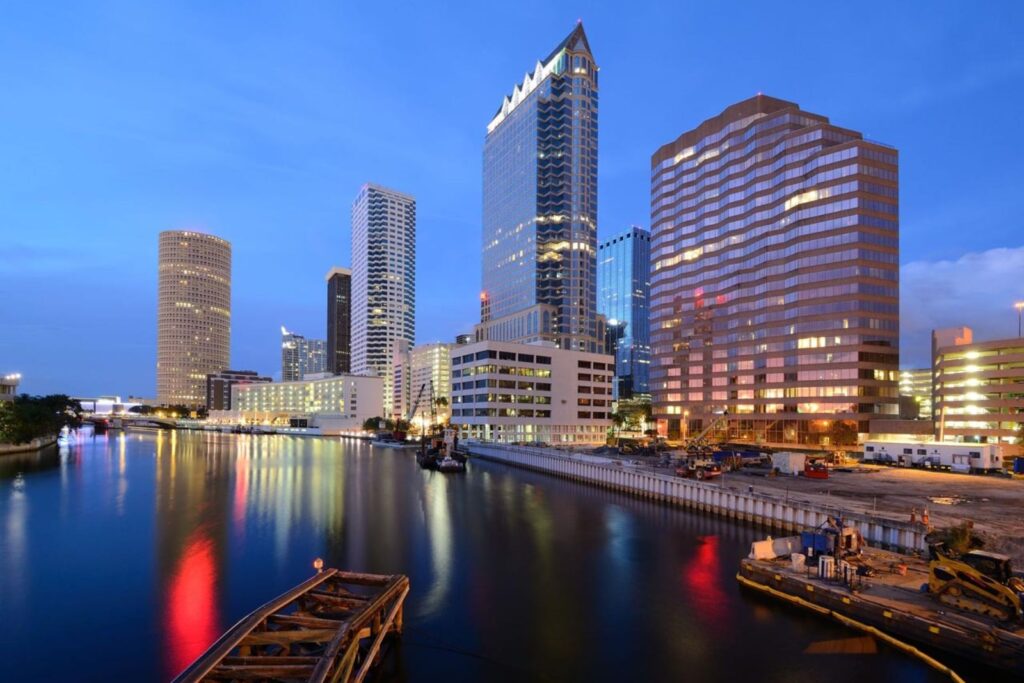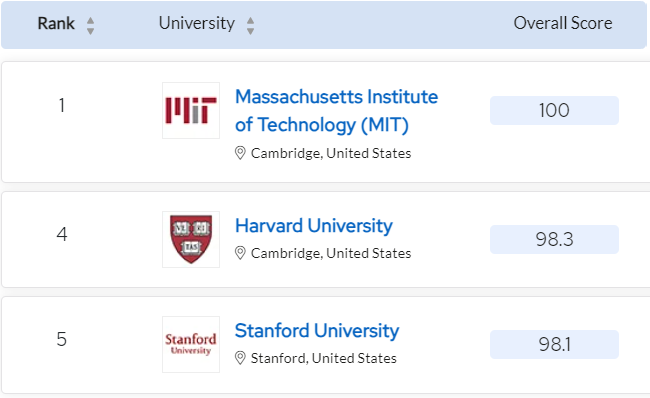Are you considering moving to the USA? Whether you are relocating for work, study, or simply seeking a new adventure, navigating the process of moving to a new country can be overwhelming.
Crown Relocations as the international moving company has helped thousands of families and expats relocate to the United States over the last few decades.
We will explore the various aspects of moving to the USA and provide helpful tips for making the transition as smooth as possible.
Understanding USA Visa Requirements
Cost of Living in The States

Food and Groceries
The average cost of groceries for expats in the USA can range from $335.97 to $638.57 per month, depending on the location within the country. The cost can also vary depending on the type of food being purchased, with food away from home typically costing more than food purchased from a grocery store.

Transportation
The average cost of transportation for expats in the USA can vary greatly depending on factors such as location, age, and personal habits. According to the US Department of Transportation, transportation remains one of the highest annual consumer expenditures, totalling $12,295 annually as of 2023.

Utilities
The average cost of utilities for expats in the US can vary depending on factors such as location, household size, and individual consumption habits. Utilities such as electricity, gas, oil for appliances, water, and garbage collection should be factored into allowances when considering the cost of living in the US.
Income levels and regional variances also play a vital role in determining the cost of living. When considering a move to the USA, you should research the specific cost of living in the desired area to make an informed decision.
Expats may need to carefully consider their budget and lifestyle when deciding where to live in the USA. Overall, the cost of living for expats in the USA can be high, but it ultimately depends on individual circumstances and location choices.
Housing & Accommodation Options for Expats
| Neighbourhood | The Attractions |
|---|---|
| San Francisco, California | Known for its tech industry and vibrant cultural scene, San Francisco offers a high quality of life, excellent job opportunities, and a diverse range of amenities. |
| Austin, Texas | Voted the best place to live in America for the third year in a row, Austin boasts a strong job market, affordable living costs, and a great quality of life. |
| New York City, New York | A global financial and cultural hub, New York City offers a wide range of job opportunities, world-class healthcare, and a vibrant lifestyle. |
| Seattle, Washington | With a strong tech industry and a high quality of life, Seattle is an attractive option for expats seeking a balance between work and leisure. |
| Miami, Florida | Known for its welcoming international community, Miami offers a variety of cultural activities, beautiful beaches, and a strong job market. |
| Houston, Texas | With a diverse economy and a high quality of life, Houston is an attractive option for expats seeking a city with a lower cost of living than New York or San Francisco. |
| Chicago, Illinois | Offering a strong job market, excellent healthcare, and a variety of cultural attractions, Chicago is a popular choice for expats looking for a more affordable lifestyle compared to coastal cities. |
| Boston, Massachusetts | Known for its prestigious universities and strong healthcare sector, Boston offers a high quality of life, excellent job opportunities, and a diverse range of amenities. |
| Los Angeles, California | With a thriving entertainment industry and a diverse range of cultural attractions, Los Angeles is an attractive option for expats seeking a city with a high quality of life and job opportunities. |
| Washington, D.C. | As the nation's capital, Washington, D.C. offers a strong job market, excellent healthcare, and a variety of cultural attractions. |
Navigating Healthcare in the US
Accessing healthcare in the United States is a fundamental aspect of settling into your new life.
Understanding the US healthcare system, obtaining health insurance, and finding healthcare providers are essential steps for new immigrants.
Overview of the US healthcare system
The healthcare system in the United States is a hybrid of private and public sectors, with a significant portion of the population relying on private health insurance.
Expats living in the US do not qualify for federal medical aid schemes but can purchase their own insurance or have their employer contribute to their private health insurance plan.
Here are some key aspects of the healthcare system for expats in the US:
Education System for Expats in US
Cultural Nuances and Integration
Moving to a new country can be an exciting yet daunting experience, especially when it comes to integrating into a new culture.
For expats in the United States, navigating through the various cultural nuances can be both challenging and rewarding.
From understanding social norms and etiquette to embracing new traditions and customs, the process of integration can greatly impact the expat experience.
Adapting to American culture and integrating into the community is an essential aspect of moving to the United States.
Adapting to American culture and social norms
Understanding and respecting American cultural norms, traditions, and social etiquette is crucial for successful integration. Immersing yourself in the local community and participating in cultural events can help facilitate this process.
What are some common American social norms that expats should be aware of
Expats moving to the US should be aware of the common social norms to better adapt to American culture. Some of these norms include:
Conclusion
Moving to the United States is a significant life change that requires careful planning and preparation. By understanding visa requirements, navigating the healthcare system, exploring educational opportunities, embracing cultural nuances, and addressing legal and financial considerations, you can set the stage for a successful transition to life in the US.
In summary, thorough research, utilizing official government resources, and seeking guidance from relevant authorities are essential steps for a smooth and successful move to the United States. By being well-informed and proactive, you can embark on this new chapter with confidence and optimism.
For more information and detailed guidance on specific aspects of moving to the United States, it is advisable to visit the official websites of relevant government agencies, such as the US Citizenship and Immigration Services (USCIS), the Centers for Medicare & Medicaid Services, and the US Department of Education.
Additionally, seeking assistance from reputable immigration attorneys, financial advisors, and community organizations can provide valuable support throughout the relocation process.

No One Knows Better Than Us.
Get moving with our free moving quote form and let us take care of the rest!














